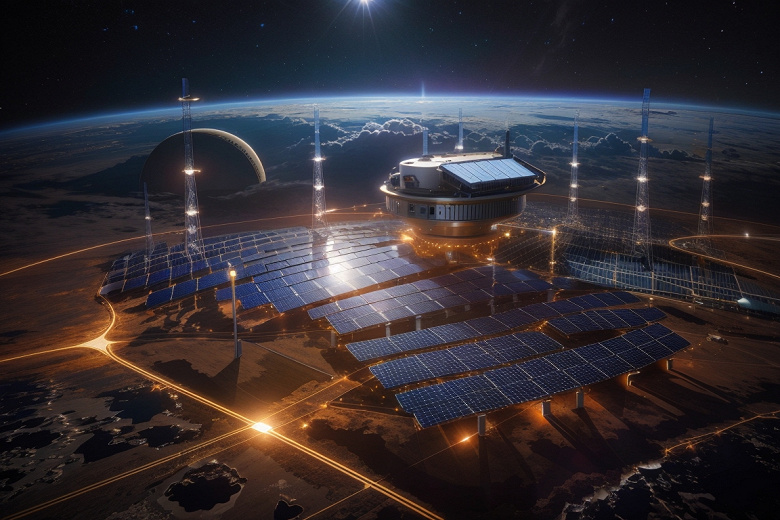The creation of low-cost solar panels for power generation in space could lead to the development of commercially viable solar power stations in orbit
New research from Surry and Swansea universities shows the promise of lightweight, cost-effective solar panels that can generate energy in space using inexpensive materials.
The study, the first of its kind, spanned six years and saw engineers and scientists monitor the satellite’s behavior in orbit, studying how the solar panels generate power and withstand solar radiation over 30,000 orbits around the Earth. The findings could provide the basis for the development of commercially viable solar power plants in space.

Space energy: inexpensive and lightweight solar panels for space stations and space solar farms
Spacecraft Engineering Professor Craig Underwood of Surry said, “We are thrilled that a mission that was planned for one year has continued to operate for six years. Detailed data demonstrates that solar panels withstand radiation and their thin film structure remains intact in the harsh temperature and vacuum conditions of space. This type of solar panel technology could lead to the creation of large, affordable space power stations that would generate energy and transmit it to Earth. And today we have the first proof of the reliability of this technology in orbit.”
Scientists from Swansea University’s Solar Energy Research Center have developed new solar panels based on a cadmium-telluride compound. They cover a larger area, are lightweight, and have significantly greater energy output compared to existing technologies, and their production is relatively low cost.
The study of the performance of solar panels in orbit was carried out using instruments developed at Surry State University. The satellite itself was designed and built at the Space Technology Center of the University of Sarre with the participation of a group of interns from the Algerian Space Agency (ASAL).
Although efficiency in energy production has decreased slightly over time, the researchers believe the findings indicate the viability of solar energy systems in space and their potential commercial prospects.
Dr Dan Lamb, from Swansea University, said: “The successful trials of these thin-film solar cells expand funding opportunities for further development of this technology. Large solar panels for space applications are a rapidly growing segment of the space industry.”




